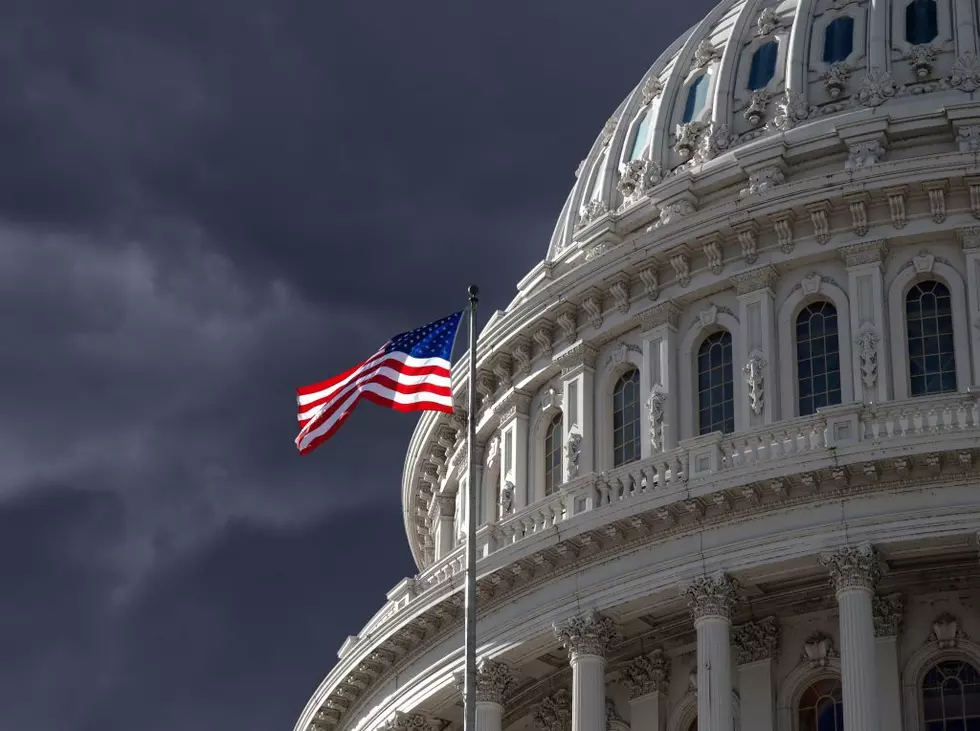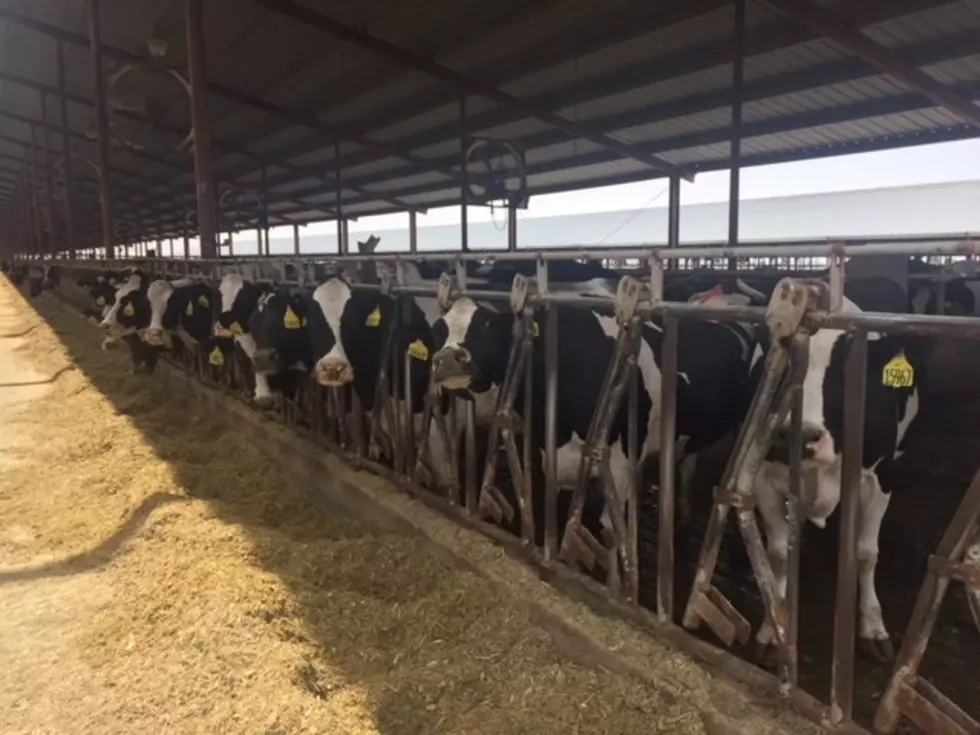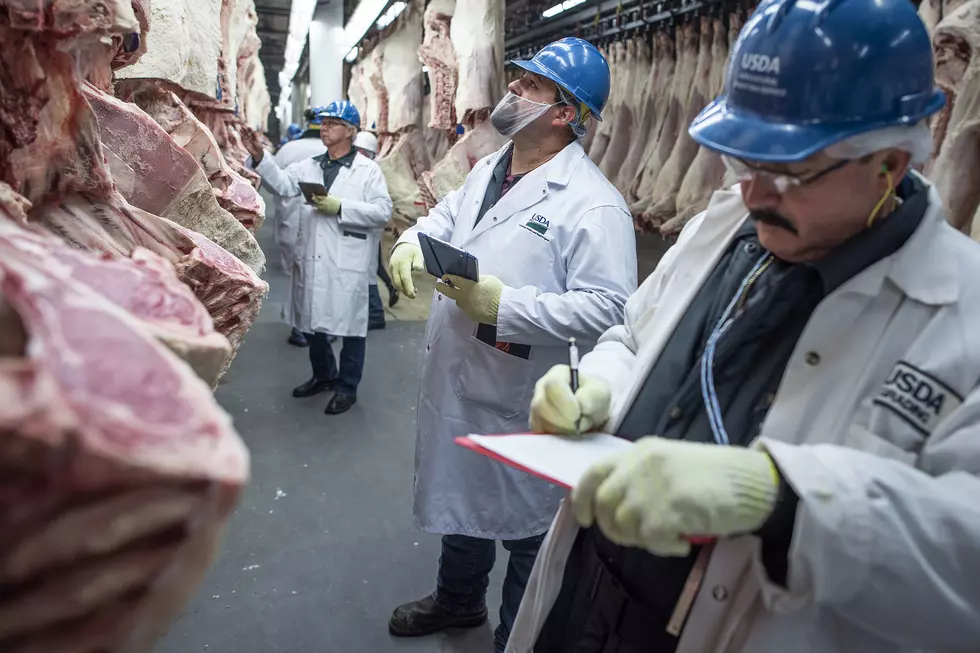
Will Japan Change Its Trade Stance?
South Korea and China appear to be making trade concessions in the face of stiff steel tariff threats by the United States.
But, what about Japan?
South Korea’s agreed to cut steel sales to the U.S. and let in more U.S. autos in a reworked KORUS trade deal. China says it will no longer force U.S. firms to surrender tech secrets to do business in China. As for Japan, a top trading partner, will it do a bilateral with the U.S. to escape steel tariffs and help make up losses the U.S. suffered by pulling out of the TPP trade deal? American Farm Bureau trade adviser Dave Salmonsen says so far, Japan’s moved ahead with its own TPP, hoping the US will re-join, later.
“So, will this imposition of the steel tariffs on them, and the aluminum tariffs move anything on the direct FTA, or is it going to have any direct linkage to that, I don’t know. But it certianlly will be part of the discussion. I’m sure Japan like other countries would like to be exempt from these tariffs.”
President Trump and his trade ambassador Robert Lighthizer have ditched the approach of past administrations to use the WTO dispute resolution process, in favor of a more ‘bare-knuckle, carrot-and-stick’ strategy.’ Whether that can still work with China or Japan is in question, but Salmonsen says the stakes for U.S. agriculture are huge.
“Of the $5.5 billion annual trade increases, Japan was about $4.5 billion of that. The big thing was their substantial reduction from 38.5% to 9% in their beef tariff.”
Salmonsen said Japan is a $12 billion market for U.S. farm goods, but could be a lot bigger. A U.S.-Japan trade deal could accomplish that.
If you have a story idea for the Washington Ag Network, call (509) 547-1618, or e-mail gvaagen@cherrycreekradio.com
More From PNW Ag Network









